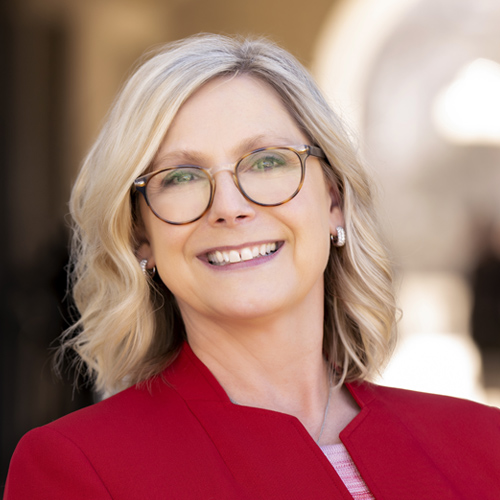Expert

Jane Drummond
Actions
Type
Topic
- Legal
April 15 is well-known to most Americans — it’s the deadline to file your income tax returns.
The day after is probably less familiar for many individuals. However, April 16 is just as, if not more, important; it’s National Healthcare Decisions Day.
NHDD serves as an initiative that encourages people to either start or continue having conversations about their wishes for care at the end of life.
Founded in 2008 by attorney Nathan Kottkamp, NHDD is built around the idea that just like filing taxes, reviewing your health care preferences should be an annual habit because circumstances, relationships and preferences can change throughout your life.
In fact, April 16 was chosen as NHDD based on the Benjamin Franklin quote, “In this world, nothing is certain except death and taxes.” So, this year, once your taxes are filed, start the conversation about your health care wishes or review them with your loved ones and health care team.
Advance care planning
If you woke up in a hospital one day and couldn’t talk, who would speak for you? If you couldn’t breathe or swallow, what care would you want? How would you let your doctor know your wishes?
All people hope they can communicate until the end of their lives, but unfortunately, that’s not always the case. Without a plan in place beforehand, your family and care team won’t know how you want to be treated, or even if you wish to be treated.
Advance care planning includes making your health care wishes known, which can be done in several different ways.
- An advance directive appoints a person to speak for you and contains your preferences for medical treatment. Each state has its own advance directive. CaringInfo, a program of the National Alliance for Care at Home, offers free advance directives and instructions for Missouri residents.
- A living will states the type of care you prefer if you’re not able to speak for yourself.
- A durable power of attorney for health care and health care directive is a legal document that appoints and authorizes someone to speak for you when you cannot. This document must be witnessed or notarized. The Missouri Bar offers a free form available online for people to complete their durable power of attorney for health care and health care directive.
- A Do Not Resuscitate order includes medical orders written by a doctor. They instruct health care providers not to perform cardiopulmonary resuscitation if a patient’s breathing or heart stops.
- A Physician’s Order for Life-Sustaining Treatment consists of a set of medical orders that applies to a limited population of patients, such as seriously ill or frail people, and addresses a limited number of critical medical decisions.
Making difficult conversations easier
The theme of NHDD for 2025 is “Talk about it.”
While it’s not easy to discuss end-of-life care, The Conversation Project, an initiative of the Institute for Healthcare Improvement, offers tips and advice to help people have conversations about their health care wishes.
The Conversation Project also offers resources for spreading the word about NHDD or planning events in honor of the day.









